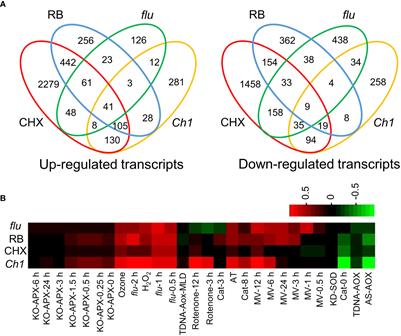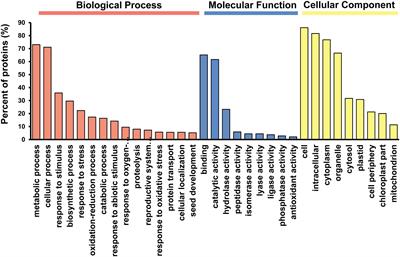EDITORIAL
Published on 18 Jul 2023
Editorial: Subcellular compartmentalization of plant antioxidants and ROS generating systems, volume II
doi 10.3389/fpls.2023.1224289
- 906 views
- 2 citations
4,516
Total downloads
17k
Total views and downloads
EDITORIAL
Published on 18 Jul 2023
ORIGINAL RESEARCH
Published on 20 Apr 2023

ORIGINAL RESEARCH
Published on 07 Nov 2022

ORIGINAL RESEARCH
Published on 09 May 2022

ORIGINAL RESEARCH
Published on 13 Sep 2021

REVIEW
Published on 06 Aug 2021
